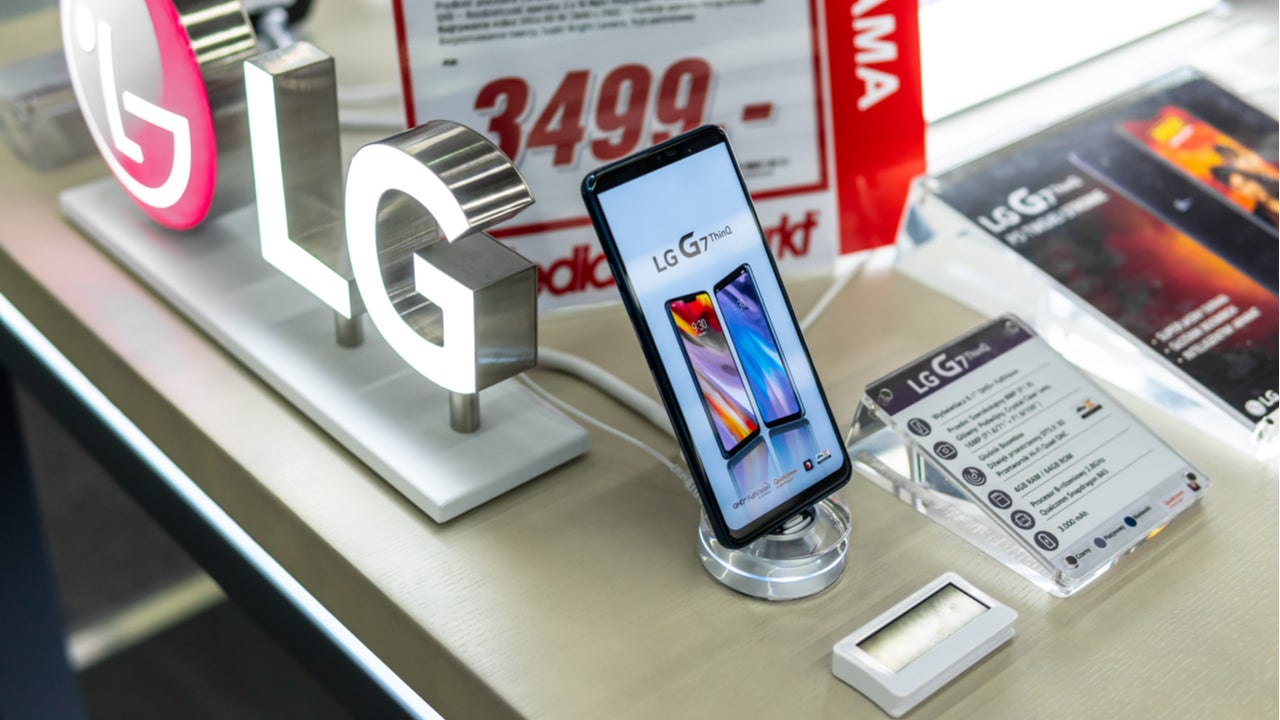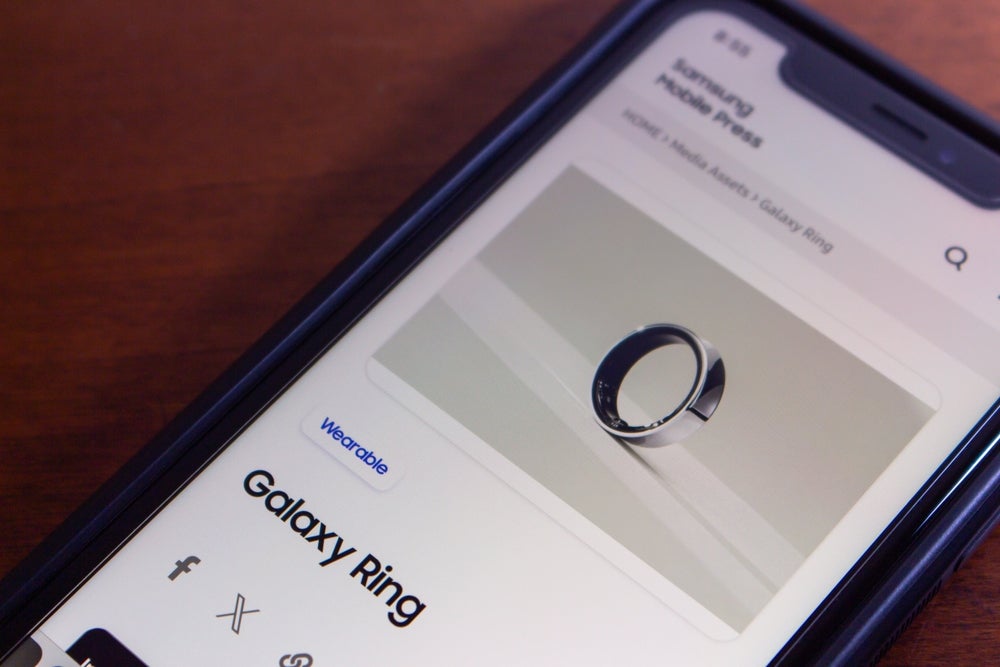LG will exit the mobile device business and no longer manufacture smartphones. The company plans to focus its resources on electric vehicle components, connected devices, smart homes, robotics, and artificial intelligence.
LG will continue to provide service support and software updates for customers of existing mobile products, and manufacture phones until May 2021 to meet its prior commitments. LG is expected to wind down its business completely by July 31, 2021 bringing to an end an era of smartphone history.
LG has been outpaced by Samsung in the smartphone area
LG’s presence in the smartphone business has been gradually eroded, draining almost $4.5 billion in the last five years alone. LG’s market share, which was once among the top three in the world, has steadily dropped to less than 1% globally. One-time arch rival Samsung has shot ahead of LG on every aspect of importance in the smartphone business with its Galaxy brand of phones: features, marketing budgets, and even price, with its mid-range Galaxy A phones.
There is also no clarity on what LG phones stand for. LG has also been unable to take advantage of its AI platforms or its consumer electronics ecosystem. LG is being pressured relentlessly in Europe by Xiaomi, OPPO and Vivo, and has no presence in Asia outside of its home country of South Korea.
Apple and Samsung will become stronger but there are opportunities for budget brands
The smartphone business is becoming increasingly difficult to compete in. Stagnation in hardware innovation, consumer saturation with high phone prices along with lengthened upgrade rates have led to a slowdown in smartphone sales and hardware revenues. LG’s exit will only make the Apple-Samsung duopoly stronger.
The inability to offer value-based phones from Chinese companies like Xiaomi, Vivo and OPPO like their European counterparts due to the geopolitical situation will make US carriers more dependent on Samsung and Apple, which already have a stranglehold over the US smartphone market. Samsung and Apple have invested in their brands and put their financial might behind their hardware and software.
How well do you really know your competitors?
Access the most comprehensive Company Profiles on the market, powered by GlobalData. Save hours of research. Gain competitive edge.

Thank you!
Your download email will arrive shortly
Not ready to buy yet? Download a free sample
We are confident about the unique quality of our Company Profiles. However, we want you to make the most beneficial decision for your business, so we offer a free sample that you can download by submitting the below form
By GlobalDataThe smartphone market operates on thin margins, making it difficult for other OEMs to compete without a similar scale of resources available.
However, LG’s exit is an opportunity for OnePlus and Google to gain share in the US postpaid market. Both OEMs are known for great cameras and high-quality imaging at cheaper prices, which are consumer favorite features.
LG was also well-positioned in the sub-$250 prepaid segment, so we can expect a portfolio shake-up with a chance for Motorola, Alcatel and Samsung to gain share in the US prepaid market.









Related Company Profiles
Apple Inc
LG Corp
Xiaomi Inc
Google LLC